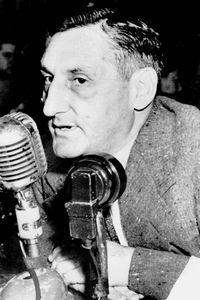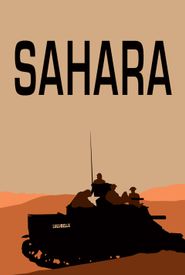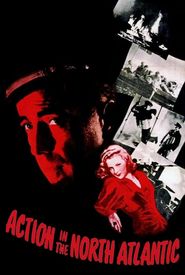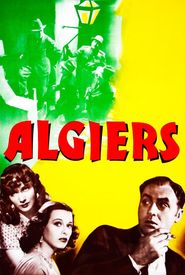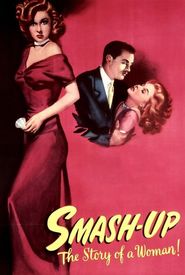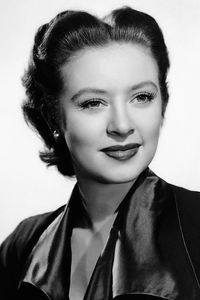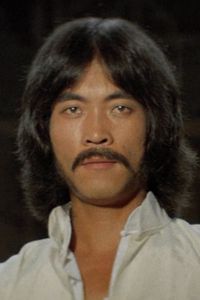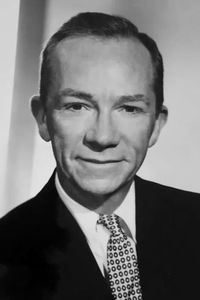John Howard Lawson, a renowned American writer, held significant positions within the Communist Party USA. For several years, he led the party's Hollywood division, serving as cultural manager and directly reporting to V.J. Jerome, the Party's New York-based cultural chief. Lawson was also the first president of the Writers Guild of America, West, following the Screen Writers Guild's division into regional organizations.
Before his Hollywood career, Lawson wrote minor pieces before World War I. After the war, he was drawn to European cubist, futurist, and constructivist plays. In 1928, Lawson relocated to Hollywood, where he penned scripts for films such as The Ship for Shanghai, Bachelor Apartment, and Goodbye Love.
During the Great Depression, Lawson wrote Success Story, which was initially rejected by the Theater Guild but later reworked and opened on September 26, 1932, for 121 performances. He also penned the screenplay based on the play, Success at Any Price, in 1934.
In the 1930s, leftists criticized Lawson for his perceived lack of ideological and political commitment. Mike Gold, a New Playwrights Theater associate, attacked him in The New Masses, calling him a "Bourgeois Hamlet of Our Time" who wrote adolescent works lacking moral fiber or clear ideas. Lawson responded in The New Masses, citing his middle-class childhood as the reason for his limited understanding of the working class and acknowledging his prosperity and Hollywood connections as suspect in the fight for workers' rights.
Due to the criticism, Lawson joined the Communist Party and began educating himself about the proletarian cause. He traveled throughout the poverty-stricken South, studying bloody labor conflicts in Alabama and Georgia, and submitting articles to the Daily Worker, which led to his arrest numerous times. These experiences inspired his next play, Marching Song, which premiered on February 17, 1937, and ran for sixty-one performances.
Lawson, a member of the American Communist Party since 1934, created several political films, including Blockade (1938),which starred Henry Fonda and received an Academy Award nomination for Best Story. He also wrote Counter-Attack (1945),a tribute to the Soviet-USA alliance during World War II. Additionally, he penned more innocuous films, such as the critically acclaimed Algiers (1938) and the Humphrey Bogart vehicles Sahara and Action in the North Atlantic in 1943.
